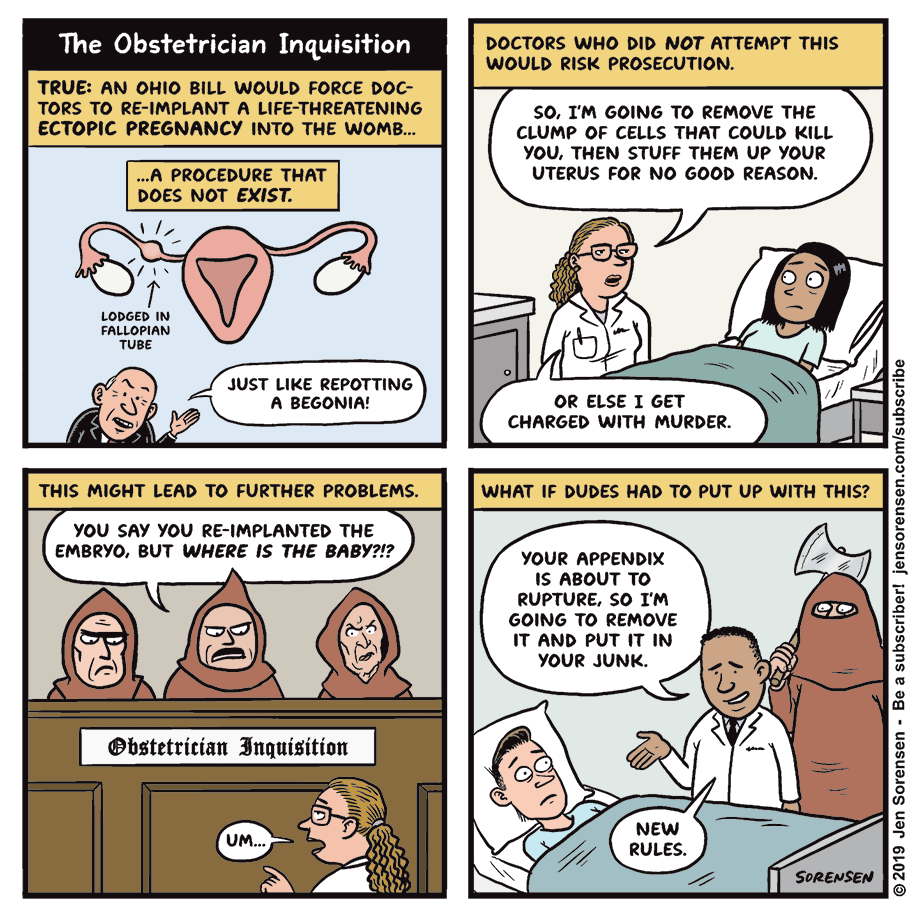Eating right is good for the economy
Brigham and Women's Hospital
 An unhealthy diet is one of the
leading risk factors for poor health, accounting for up to 45 percent of all
deaths from cardiometabolic diseases (CMD), such as heart disease, stroke and
type 2 diabetes.
An unhealthy diet is one of the
leading risk factors for poor health, accounting for up to 45 percent of all
deaths from cardiometabolic diseases (CMD), such as heart disease, stroke and
type 2 diabetes. But the national economic burden of unhealthy diet habits remains unknown. A new study by investigators from Brigham and Women's Hospital, in collaboration with investigators at the Friedman School of Nutrition Science and Policy at Tufts University, analyzed the impact of 10 dietary factors -- including consumption of fruits and vegetables, nuts and seeds, processed meats and more -- and estimated the annual CMD costs of suboptimal diet habits.
The team concludes that suboptimal diet costs approximately $300 per person, or $50 billion nationally, accounting for 18 percent of all heart disease, stroke and type 2 diabetes costs in the country. The team's findings are published in PLOS Medicine.













